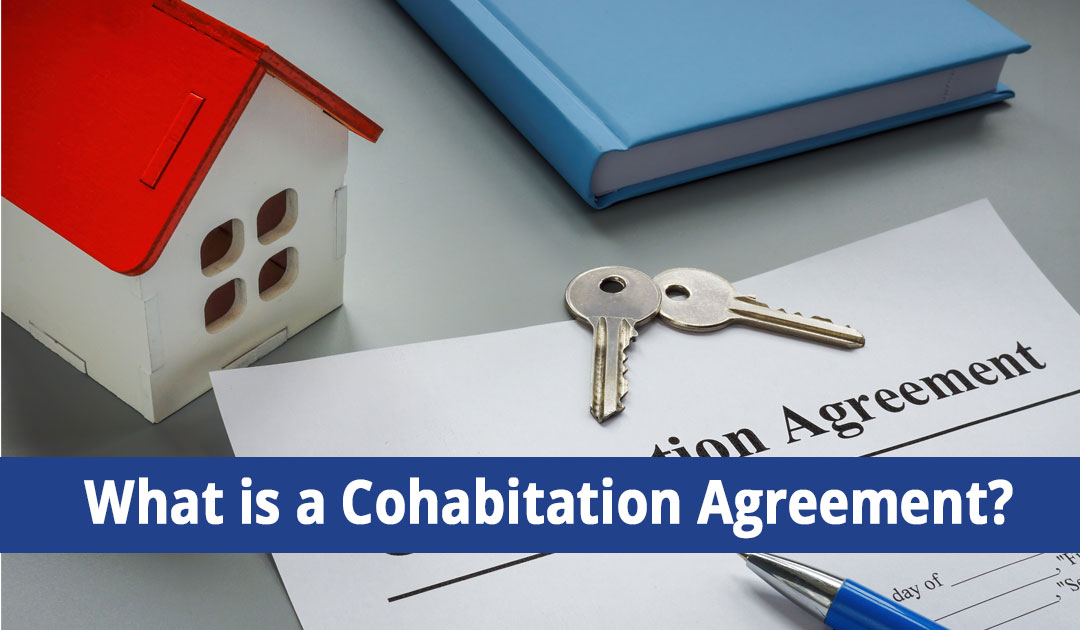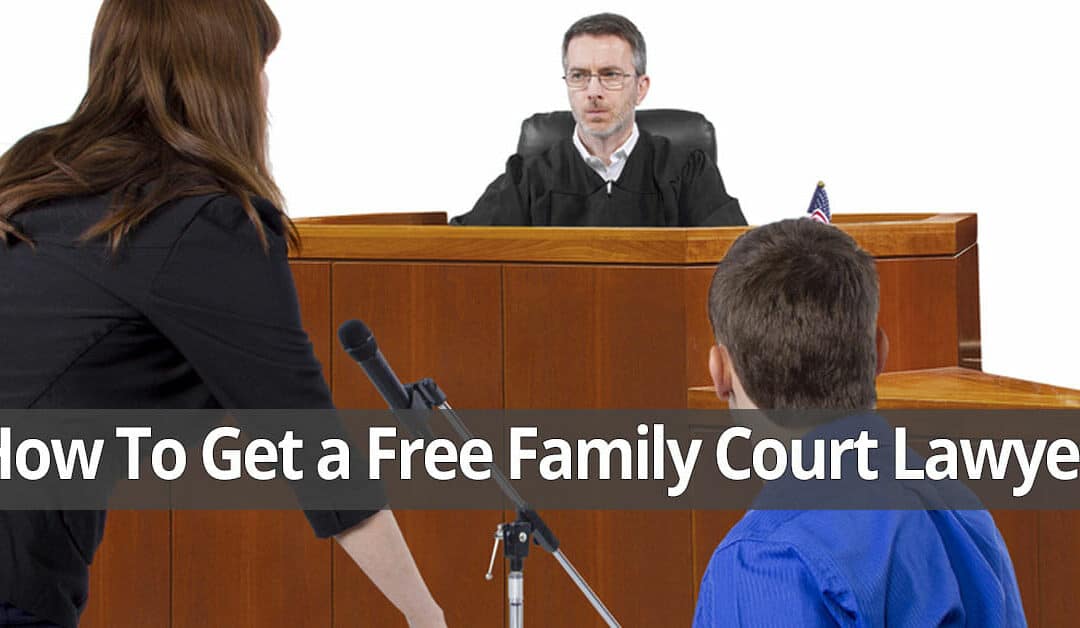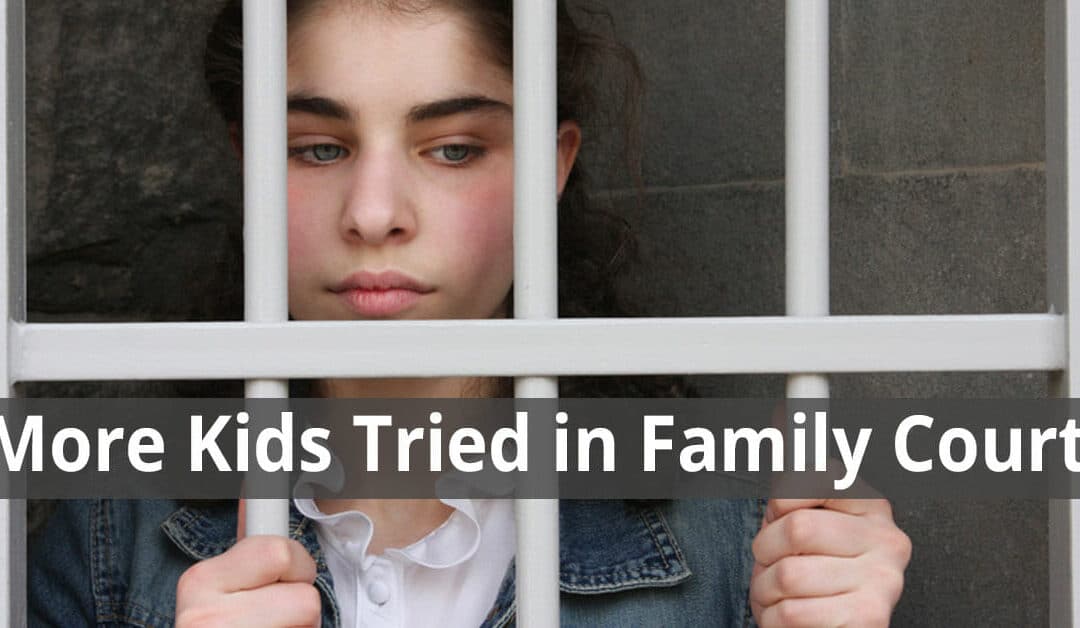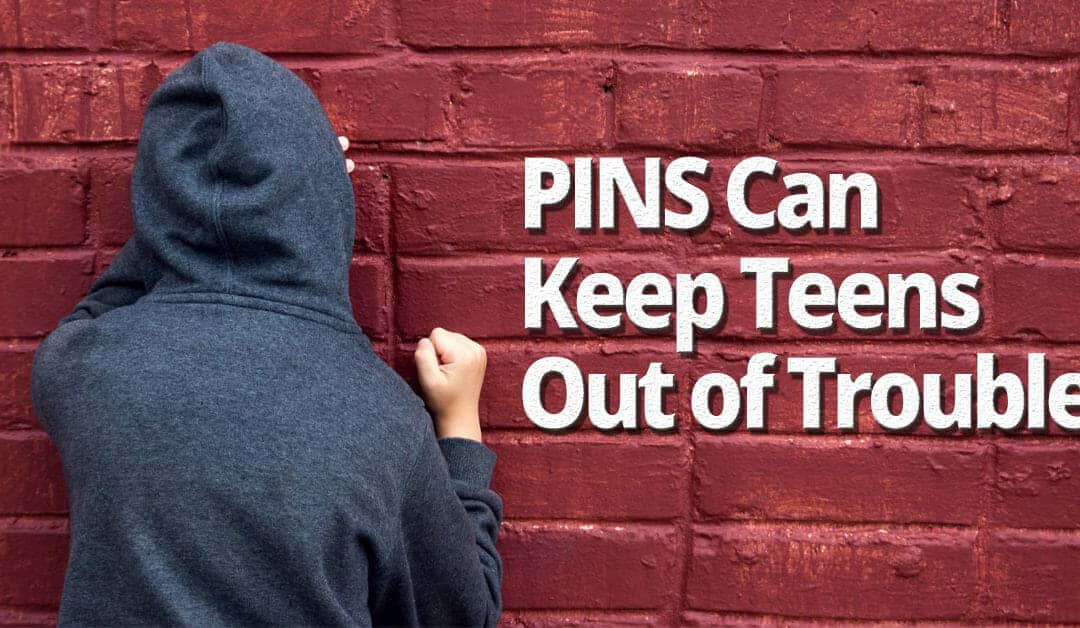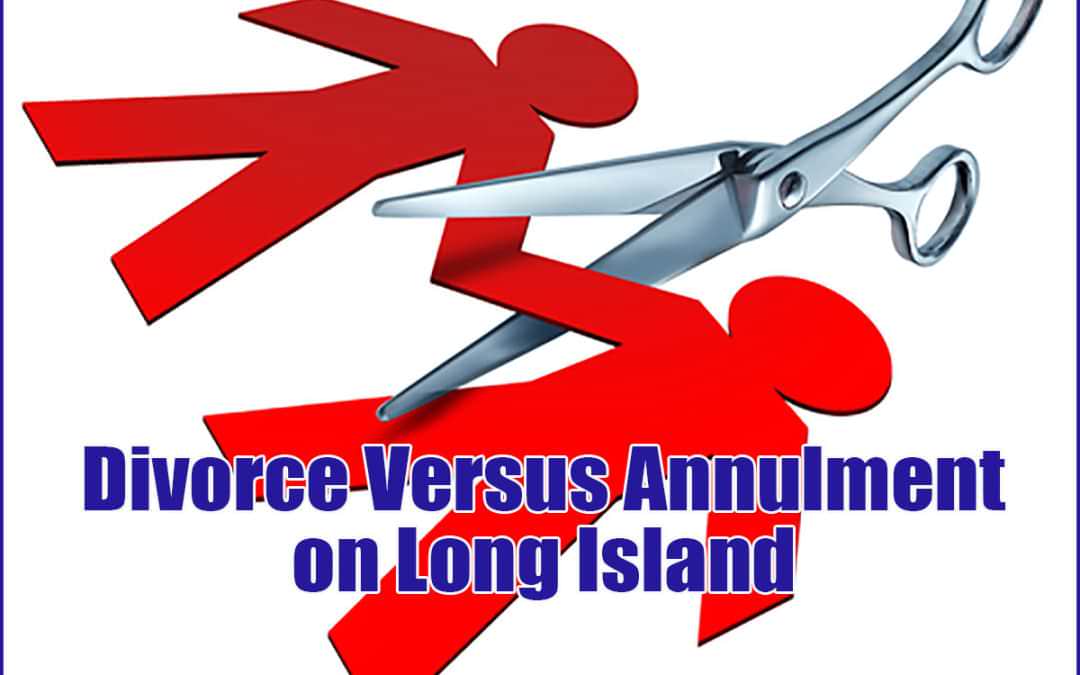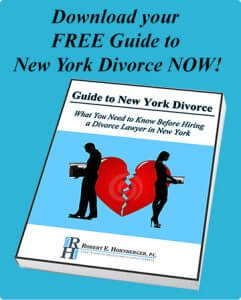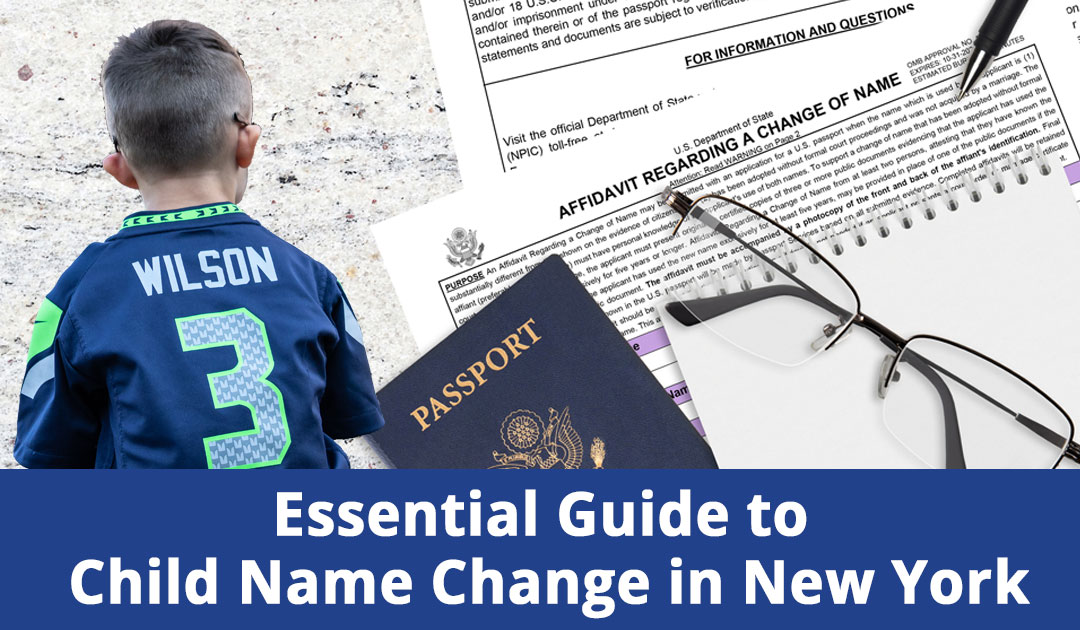
Valid Reasons for Child Name Change in New York: Essential Guide
Valid Reasons for Child Name Change in New York: Essential Guide
Key Highlights of this Guide to Filing of Name Change Petition New York
- Changing a child’s name in New York means following certain legal steps to make sure it is in the best interests of the child.
- Usually, both parents need to agree to the name change. But there are some cases where one parent cannot be found or will not agree.
- The process usually includes filling out a petition for the Nassau County court or Suffolk County court, letting important people know about the change, and going to a court hearing.
- It is a good idea to ask an experienced Long Island NY family law attorney who knows about child name changes to help you with New York’s legal rules.
- It’s also important to understand how a name change can affect a child in a social and emotional way. Keeping open talks with the child during this time is very important.
Changing a Child’s Name in New York is Serious
Changing the name of a minor child in New York state can feel tough. It is important to understand family law and the state rules to make the name change process easier. This guide gives you detailed information about name change laws for children in New York state. It helps parents make good choices.
What are Some Valid Reasons for Changing a Child’s Name?
Valid reasons for changing a child’s name include correcting a spelling error, removing an embarrassing name, or if the child’s name is associated with negative connotations. Other reasons could be to honor a family member, adoptive name change, or for religious or cultural reasons.
Understanding New York Child Name Change Laws Post-Divorce
When parents get divorced, they often have questions about their legal rights and responsibilities for their children. This includes important choices like changing a child’s name. In New York, the law always puts the best interests of the child’s first in any case involving children.
For a New York state court to allow a name change, specific legal reasons are needed. It is a good idea to get help from an experienced Long Island family law attorney. A good NY family law firm can help clear things up and make it easier to understand these legal details.
Legal Grounds for Changing a Child’s Last Name in New York
Changing a child’s last name requires the courts to think carefully. The court must ensure that the change is reasonable and good for the child. Just wanting a different name is not enough to get approval.
On Long Island, New York, parents can request the name change in Nassau County Court, Nassau County Supreme Court, or Suffolk County Court, Suffolk County Supreme Court, depending upon where you and the child reside. To get legal permission, you must show that a different name is better for the child.
Any New York court will look at several factors before approving the name change of a child. These include the child’s age, the child’s wishes regarding the name change, how the name change may impact the child’s relationship with each parent, how long the child has used their current name, any potential emotional effects of changing the child’s name, and any past issues with parenting that could make a name change needed. The court will also consider the motives or interests of the parents in the name change. Once approved, a new birth certificate with the changed name is issued.
Can I Change My Child’s Name Without the Other Parent’s Consent in New York?
In New York, both legal guardians usually need to agree for a child’s name to be changed. However, there are some exceptions. The civil court or supreme court can allow a name change without agreement in certain cases. This can happen if the other parent has died or cannot be found.
The Role of Consent in Child Name Changes in New York
Consent is very important in changing a child’s last name in New York. Usually, both parents must agree for the name change to go through. This helps make sure both parents can be part of this big decision that affects their child.
There are some exceptions. For example, if one parent cannot be found or has passed away, the court might skip the need for consent. If the other parent cannot be located,
If you can’t get consent in writing from the other parent because you do not know where they live, you must demonstrate the steps you have taken to locate them. If you can’t find the other parent, your name change request must tell the court why the other parent is not available.
If you can’t get consent from the other parent or legal guardian and you know their last address you must take steps to notify the other parent or legal guardian to give them a chance to tell the court why they object to the name change. You will need a Notice to Non-Petitioning Parent.
Also, if a court order gives one parent sole custody, that parent may be able to change the child’s name without needing the other parent’s agreement.
Both Nassau County and Suffolk County Courts require a child who is 14 years or older, but less than 18, to give their permission for the name change. The child must sign the Minor Consent form in front of a Notary and that form must be provided to the County Clerk with the Petition for Name Change.
If one parent disagrees with the name change, a hearing will be held. Both parents can share their side with a judge. In the end, the court decides if the name change is best for the child, looking closely at all the legal documents and evidence provided.
The Process of Changing Your Child’s Last Name in NY
Changing a child’s last name in New York requires following a strict legal process. This process is clear and fair, but it is important to understand each step so you can manage your expectations and move forward smoothly.
This system protects the rights of both parents and the child. It gives the court a clear way to look at the situation and make a decision that focuses on the child’s best interest.
Step 1: Filing a Petition for Name Change in New York
To change a child’s name on Long Island, New York, you must start by filing a name change application. This is also called a Petition for Name Change, and it goes to the appropriate Nassau Counry or Suffolk County court. The application needs important details, including the child’s current name, the new name you want, and the reasons for the change.
The petition must be signed and notarized. This adds a legal touch to your request. It’s important to fill out all parts of the application correctly. If you leave anything out or make a mistake, it will slow down the process.
You may also need to provide supporting documents. This can include the child’s birth certificate and any important court orders. It’s a good idea to check the New York court system’s website or ask an experienced Long Island, NY family lawyer for help to get all the paperwork ready. The parent or legal guardian starting this process should get to know these requirements well.
Step 2: Serving Notice and Publishing Requirements
Once you file a name change petition, New York state law requires you to follow certain steps. This is to make sure everyone who has an interest in the case knows about it and can respond if needed. This part is called serving notice. It means telling important people about the name change request.
Serving notice usually includes:
- Notifying the Other Parent: The parent asking for the name change must give a copy of the petition and relevant legal documents to the child’s other parent. This is required even if the other parent is not involved in the child’s life.
- Publication in Local Newspaper: Sometimes, the court requires the petitioner to publish a legal notice in a local newspaper for a set time. This helps more people know about the name change.
- Notification to Additional Parties: Depending on what is happening, the civil court may ask to notify other important people, like grandparents or others who play a big part in the child’s life.
Step 3: The Court Hearing and Final Decree
After the right notifications are sent out, the court sets a hearing date. This court date gives both parents a chance to share their views about the name change. Each parent can show support or say why they do not agree while giving proof to back up their point of view.
If one parent does not agree with the name change, this hearing is very important. The judge looks closely at what both sides say. He or she makes sure to put the child’s best interests first. Things the judge thinks about often include how close the child is to each parent, ways the child’s sense of identity could be affected, and any signs of bad intentions from either parent.
If the judge says yes to the name change, a final order is made. This order legally confirms the new name for the child. It allows parents to get new legal documents and identification for the child. If the divorce judgment of divorce has rules about name changes, parents will need to show this document.
Selecting a Long Island Family Lawyer for Your Child’s Name Change Case
Changing a child’s name in New York state can be tricky. It’s important to pick a good family law lawyer who will look out for your family’s needs. This choice can make the process easier and less stressful.
Find a family law attorney you trust and feel comfortable talking to. They will be your supporter during this journey. A strong relationship with your family law lawyer is key to getting good results.
Importance of Specialization in Family Law on Long Island NY in Cases of Child Name Change
When choosing a Long Island NY lawyer for a child’s name change case, make sure they focus on family law. A lawyer who knows this area of the law well can greatly affect how things turn out. They understand New York’s specific legal rules and know how similar cases in Nassau County and Suffolk County were resolved. Their experience can mean the difference between having your child’s name change request approved or denied.
Experience in family court is also important. A lawyer with this background can see challenges ahead and create strong legal arguments for your situation. This careful planning can help you have a better chance of success.
Also, family law experts understand the difficult family feelings that can come up in these cases. They can help you find peaceful solutions, keeping conflict low and focusing on the child’s feelings and best interests. Their experience in judicial intervention helps ensure that your case gets fair attention from the Nassau County or Suffolk County court.
Evaluating Experience and Success Rates of Your Long Island Family Law Lawyer for Your Name Change Case
When selecting a family law attorney for your Name Change case, look into the lawyer’s history and experience beyond just their area of specialty. It’s best to find an attorney who has successfully dealt with many child name change cases. Don’t be afraid to ask about their success rates and how they managed similar cases in the past.
Learning about how they handle past cases can show you their legal plan. For example, do they focus more on settling things peacefully, or do they prefer to go to court? Every case is different, but by understanding their legal style, you can see if they are right for your needs.
Reading reviews from former clients can give you helpful insights into how the lawyer communicates, acts professionally, and cares about their clients’ satisfaction. Doing this research helps you choose a skilled advocate who can guide you through the legal process, like getting the necessary court papers ready and filed for you in a timely manner.
Consultation and Communication: What to Expect from Your Long Island Family Law Attorney in Child Name Change Cases
Before hiring a family law attorney, you might consider meeting with a few attorneys first. This lets you see how they communicate. You can ask questions that matter to you and check if you can get along well. Good and clear communication is very important during the legal process.
During these meetings, ask about their fees, billing methods, and how long things may take. Knowing these details at the beginning helps avoid surprises later. Choosing a lawyer is an investment in your family’s future. Make sure to pick one who fits your budget and is open about costs.
A trustworthy lawyer should have not just the right skills but also show care and understanding for their clients. They should help you through each part of the process, quickly answering your worries and acting in a professional way. They should also explain any legal issues in simple terms so you can see what each choice means. Finally, they may help you with paperwork, like getting things signed in front of a notary public.
Common Challenges to Child Name Changes in New York and How to Overcome Them
Changing a child’s name can be tricky, even with clear laws in place. You may face some challenges. Knowing about these problems ahead of time can help you handle them better.
Good communication, a strong case, and having a smart lawyer can really help simplify these legal matters.
Handling Objections to Name Change from the Other Parent
One common problem occurs when the other parent does not agree with the name change. Their objections usually come from different concerns. It is important to understand why they feel this way to deal with it properly.
In these cases, having open and respectful talks with the other parent is often the best idea, if you can. Always include your lawyer in these talks. Their legal knowledge can help protect your case later. They can help guide the conversation, focusing on what’s good for the child.
If you can’t come to an agreement, mediation can help. This is a way for parents to talk about their worries with an unbiased person. A good mediator helps navigate the discussion and aims to find a solution that works for everyone. If mediation doesn’t help, the court steps in to look at the legal documents and listen to both sides before making a decision.
Navigating Bureaucratic Hurdles of Name Changes in New York State Courts
Parents often face challenges not only from parental disagreements but also from the complex court system. It is important to know the court procedures, deadlines, and forms needed to avoid delays and make the process smoother.
Missing deadlines or turning in incomplete court forms can slow down the case a lot. Staying organized is key. Keep careful records of all messages and follow the court’s instructions closely.
Using technology can help too. Some courts offer online systems to manage cases. These can make it easier to communicate and send documents. By taking action and staying on top of these issues, you can reduce delays and help the case move forward efficiently.
The Impact of a Name Change on Your Child
Beyond the legal side, it is important to think about how a name change affects your child socially and emotionally. As kids grow up, their name becomes part of their identity. Changing this can bring up many feelings based on how old they are and what they understand.
Good communication is very important during this time. Talk to your child about the name change. Answer their questions and listen to their concerns with care. Open and kind discussions help them adjust to this big change in their life.
Psychological and Social Considerations of Changing a Child’s Name
From a psychological view, changing a child’s name can be a big deal. This is especially true for older kids and teens who know who they are. They might ask why their name is changing and worry about how it will change their ties with friends and family.
Some kids get used to a different name quickly. Others may feel confused or hesitant. It’s important to handle this with care. Let them share their thoughts and feelings. If needed, consider getting help from a therapist or counselor.
There are also social factors to think about. Kids might need to explain their name change to classmates, teachers, or new friends. Helping them develop appropriate responses that fit their age can help make this easier. It can also help avoid any uncomfortable moments.
Legal and Identification Changes for Children
Following the court’s approval of a child’s name change, updating their essential legal documents and identification is critical. This step ensures consistency across all records and avoids confusion in the future.
The updated birth certificate reflecting the child’s new name is usually the first document to be amended. Once obtained, this document serves as proof of the legal name change for other agencies and institutions.

Timely update of these records prevents potential complications when accessing healthcare, enrolling in school, or engaging in other activities requiring legal identification.
Careful Adherence to NY Child Name Change Laws is Critical
Ensuring you follow NY Child Name Change Laws after a divorce is very important for a smooth process. You need to know the legal reasons, consent needed, and steps to take to move forward. Choosing a Long Island NY family law lawyer with experience can help you handle common issues that may come up. Keep in mind, changing a child’s name is not just a legal matter; it also affects their feelings, social life, and how they are identified. By focusing on your child’s well-being and getting expert help, you can manage the details of NY Child Name Change Laws carefully and understandingly.
Free Consultation and Case Evaluation with an Experienced Divorce Lawyer Near You
Don’t face the prospect of changing your child’s name alone. Long Island family law firm Hornberger Verbitsky, P.C. offer a free consultation and case evaluation with one of our experienced attorneys to discuss your case. During this initial meeting, we will listen to your concerns, answer your questions, and outline the steps involved in changing your child’s name. Our goal is to provide you with clarity and confidence as you navigate this challenging time.
Schedule a free consultation and case evaluation with an experienced Long Island family law attorney to discuss your case and learn how we can help. We will answer your questions, explain your legal options, and help you understand your rights. Contact Hornberger Verbitsky, P.C. today for your complimentary consultation and case evaluation .
~ Carli Saftchick
GET YOUR FREE CONSULTATION TODAY Call 631-923-1910 or fill in the form below

Horberger Verbitsky, P.C. partners Robert E. Hornberger, Esq. and Christine M. Verbitsky, Esq.
Get your complimentary consultation and case evaluation with our experienced attorneys today. Your attorney will describe the many options available and determine together which is the right solution for you. By the end of this conversation, we’ll all understand how we can best help you to move forward.
No Cost or Obligation
There is no cost or obligation for this initial consultation. It is simply an opportunity for us to get to know each other, answer your questions and learn if Hornberger Verbitsky, P.C. is right the right law firm for you. Give us a call at 631-923-1910 or fill in the short form below for your free consultation and case evaluation. All Fields Are Required
About the Author
Robert E. Hornberger, Esq., Founding Partner, Hornberger Verbitsky, P.C.
- Over 20 years practicing matrimonial law
- Over 1,000 cases successfully resolved
- Founder and Partner of Hornberger Verbitsky, P.C.
- Experienced and compassionate Long Island Divorce Attorney, Family Law Attorney, and Divorce Mediator
- Licensed to practice law in the State of New York
- New York State Bar Association member
- Nassau County Bar Association member
- Suffolk County Bar Association member
- “Super Lawyer” Metro Rising Star
- Nominated Best of Long Island Divorce Attorney four consecutive years
- Alternative Dispute Resolution Committee Contributor
- Collaborative Law Association of New York – Former Director
- Martindale Hubbell Distinguished Designation
- America’s Most Honored Professionals – Top 5%
- Lead Counsel Rated – Divorce Law
- American Institute of Family Law Attorneys 10 Best
- International Academy of Collaborative Professionals
- Graduate of Hofstra University School of Law
- Double Bachelor’s degrees in Philosophy, Politics & Law and History from SUNY Binghamton University















